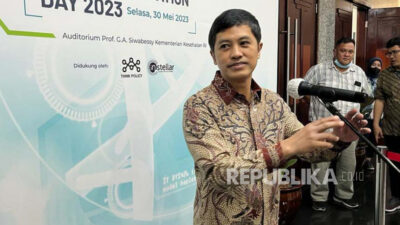Music therapy has been proven to have significant benefits for patients with dementia such as Alzheimer’s and Parkinson’s. Through Neurologic Music Therapy, music can be used to help restore memories, improve brain function, and enhance overall quality of life. Tassya Tanzil, an expert in Neurologic Music Therapy, explains that music can be utilized to recall long-term memories in Alzheimer’s patients. Music helps bring back a sense of space, time, and person to them, allowing them to remember their surroundings, the time of day, and the people around them.
For Parkinson’s patients, music can aid in improving their gait and reducing tremors. By following the beat of music, patients can walk more stably and avoid falls. Brain scans have shown a stark contrast between brains that are not stimulated and those that are stimulated by music. When the brain is not stimulated, there is low neural activity, indicated by a dominance of green in the scans. However, listening to or playing music activates various parts of the brain, including the motor cortex, prefrontal cortex, and limbic system involved in processing emotions.
The rhythmic elements in music can prompt movement, such as nodding, tapping feet, clapping, or dancing, indicating activation of the motor cortex. The prefrontal cortex, responsible for decision-making and executive function, also shows increased activity during musical activities. This is crucial for therapy in individuals with dementia. Music therapy also helps with the social-emotional aspects of dementia patients, who often experience behavioral changes like anger or apathy. Through music, patients feel a sense of control over their bodies, can still sing, choose songs, play musical instruments, and regain confidence. Therapy sessions involve using music to train executive function in a non-invasive manner, engaging patients in decision-making processes.













